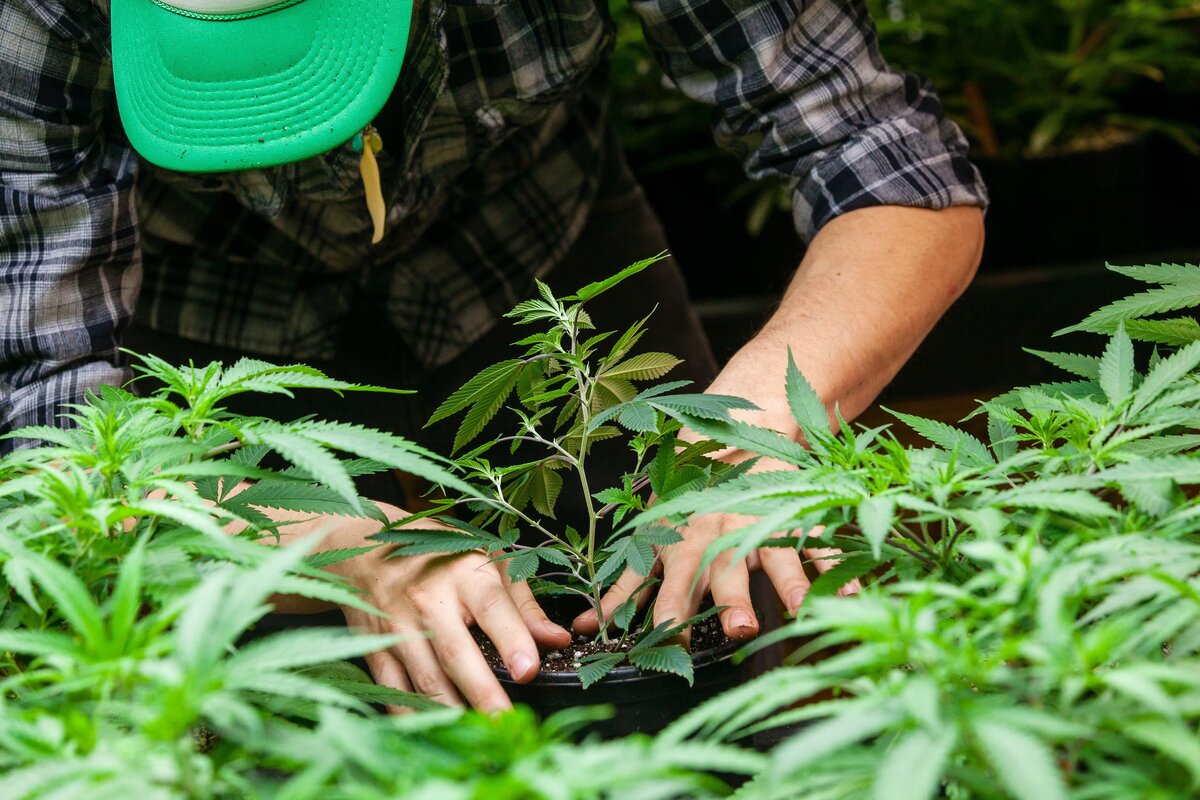A recent extensive study has offered fresh perspectives on the long-term negative effects of cannabis use. The study concluded that it did not cause small IQ declines despite being related to cannabis use.
Due to methodological restrictions, previous studies may have been interpreted incorrectly. The majority of research has depended on comparing the long-term results of cannabis users and non-users without considering genetic and environmental variances.
On the other hand, a recent study concentrated on several twin pairs, asking one of each pair to consume cannabis, and the other wasn’t given any. It analyzes whether or not the cognitive performance of each of the twins or both was affected by the presence of cannabis or lack of it.
Twin studies provide a more dependable control for variables that could skew the results. Except for a correlation between cannabis use and worse cognitive function at age 23, the twin pairs’ cognitive abilities did not differ significantly despite differences in cannabis use.

However, researchers remain highly convinced that the decline in cognitive function may be rooted in genetics above all other factors. By integrating assessments for executive functioning, the 2019 study expanded on earlier research and offered a more thorough knowledge of how cannabis affects cognitive health.
In contrast, a 2017 study found that teens who use cannabis sometimes may actually have improved cognitive function. There were no expected reductions in other cognitive abilities despite frequent users having somewhat poorer executive control scores than non-users.
Although slight declines in IQ and cognitive functioning may be linked to adolescent cannabis use, other studies point to gains. The evidence that is currently available refutes the claim that cannabis impairs cognition.
Alternative explanations ought to be taken into account instead. Lower cognitive performance may predict substance use, indicating that the causal relationship may be reversed. Other common factors, such as tobacco use, heredity, chronic pain, a lower socioeconomic level, or affiliation with troubled friends, may cause greater cannabis use and lower cognitive scores.
In conclusion, the evidence for cannabis’ adverse effects on cognition weakens when contrasted against controls like twin studies. To fully comprehend the connection between cannabis usage and cognitive performance, more study is required.




